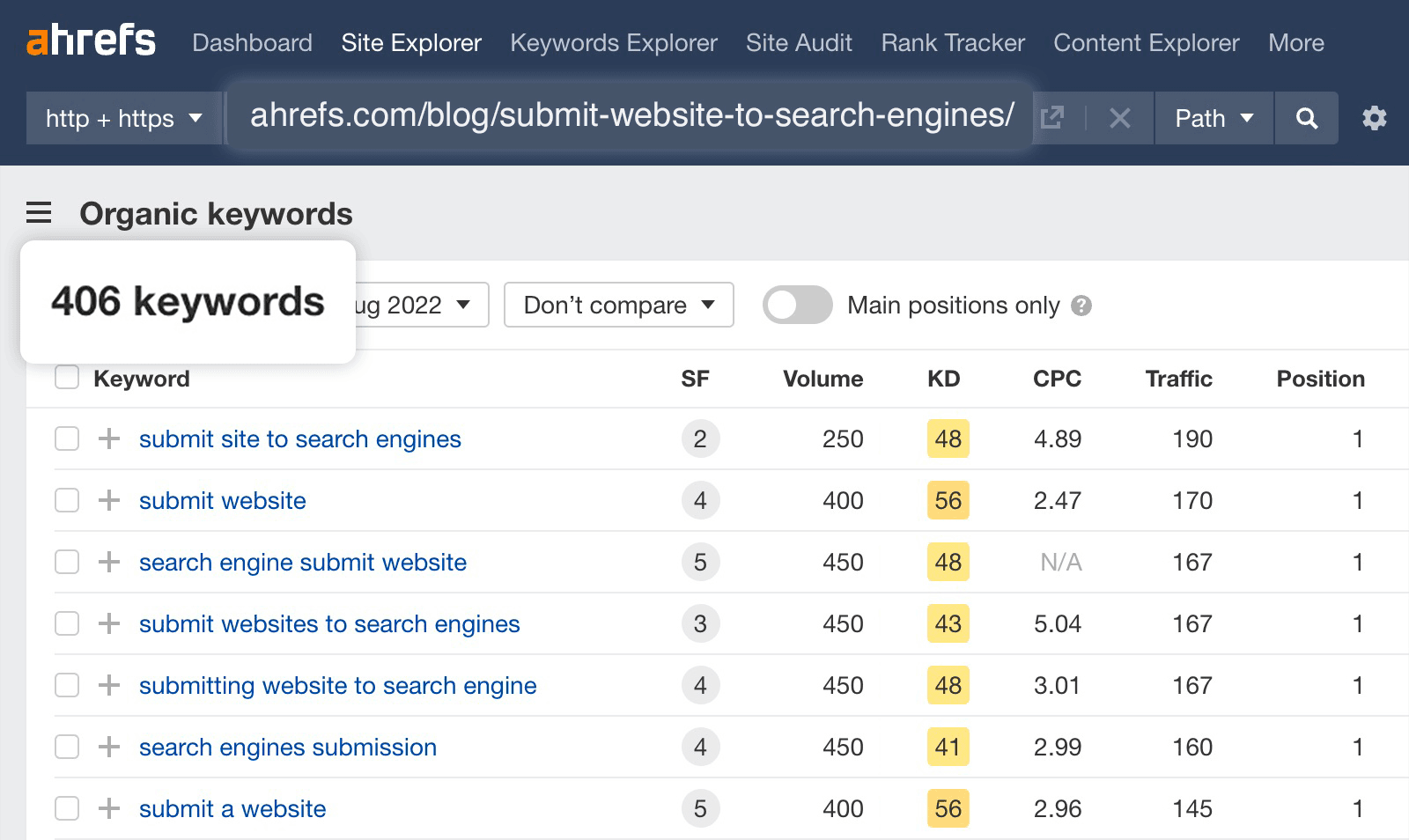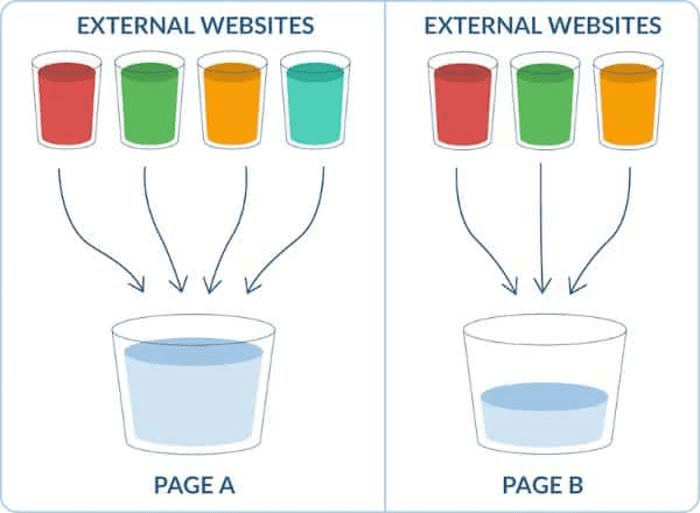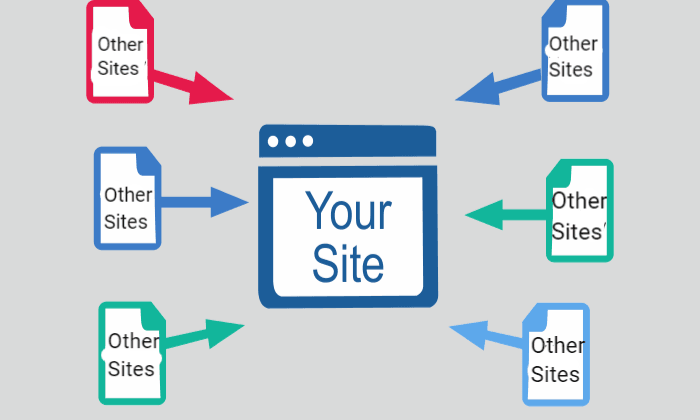SEO keyword research is the foundation of successful content strategies. It involves finding the right keywords to drive relevant traffic and improve rankings. At Keyword Metrics, we break down this essential process to help you master SEO and achieve lasting results.
What is SEO Keyword Research?
SEO keyword research is the process of identifying and analyzing the words and phrases people use when searching online. These keywords help inform your website’s content strategy, ensuring it aligns with what your audience is looking for. Effective keyword research can improve your site’s visibility in search engine results, driving targeted traffic and helping achieve business goals.
How SEO Keyword Research Works
SEO keyword research begins by understanding your audience’s needs and behavior. The process typically involves:
- Brainstorming: List potential keywords related to your products, services, or niche.
- Using Keyword Tools: Platforms like Google Keyword Planner, Ahrefs, or SEMrush help refine your list by providing search volume, competition, and related terms.
- Analyzing Search Intent: Determine whether users are looking for information, products, or services when searching specific keywords.
- Grouping Keywords: Organize them by themes or topics to streamline content creation.
For example, if you run a bakery, potential keywords could be "best cupcakes near me," "gluten-free cake recipes," or "wedding cake designs."
Tools for SEO Keyword Research
Effective SEO keyword research relies on using the right tools to uncover valuable keyword opportunities.
Here’s a breakdown of essential tools for beginners and professionals, categorized by free and paid options:
Free Tools
Google Search Console (GSC)
Google Search Console is a free tool that provides insights into how your site appears in Google Search. It helps you understand which keywords your site already ranks for, your site's average position, and the click-through rate (CTR) for each keyword. This data can be invaluable for finding existing opportunities for optimization.
- Track performance: Discover which keywords already bring traffic to your site.
- Spot underperforming pages: Identify pages ranking on page 2 or 3 of Google that could be optimized for higher rankings.
- Search impressions: View the keywords that show up in search results but aren’t yet targeted in your content.
Google Keyword Planner
Google Keyword Planner is another free tool that helps you discover new keyword ideas. It shows the search volume, competition, and related keywords for any search term, allowing you to refine your SEO strategy.
- Find new keyword ideas: Input seed keywords related to your business, and Google will suggest more relevant keywords.
- Check search volume: Understand the demand for different keywords to prioritize the best ones for your site.
- Assess competition: Evaluate how difficult it will be to rank for specific keywords based on competition data.
Paid Proprietary Tools
Keyword Metrics (integrates with GSC)
Keyword Metrics offers advanced keyword analysis and optimization tools, with the added advantage of integration with Google Search Console. This means you can automatically scan your site’s performance and get insights on the keywords you’re already ranking for.
- Save time: Automates the keyword analysis process, cutting down hours spent manually reviewing data in GSC.
- Find optimization opportunities: Identifies keywords you rank for but aren’t targeting effectively, helping you optimize existing content.
- Generate reports: Weekly reports of the best keyword opportunities to improve your rankings.
Ahrefs
Ahrefs is a powerful paid SEO toolset that offers a range of features for keyword research, competitor analysis, and backlink tracking. It’s widely used by professionals for in-depth keyword research and SEO analysis.

- Keyword explorer: Access an extensive keyword database to find keywords with high search volume and low competition.
- Competitor analysis: Discover the keywords your competitors rank for, revealing opportunities to outrank them.
- Rank tracking: Monitor your keyword rankings over time to see how well your optimizations are working.
SEMrush
SEMrush is another popular paid tool that provides comprehensive keyword data, including search volume, competition analysis, and trends over time. It’s known for its keyword research and site auditing features.
- Keyword magic tool: Find millions of keyword ideas, along with valuable metrics like search volume, keyword difficulty, and CPC.
- Domain analysis: Analyze competitors’ websites and uncover high-performing keywords to target.
- On-page SEO checker: Get tailored recommendations on how to improve your content’s SEO.
Why SEO Keyword Research Matters
- Improves Search Engine Rankings: Using the right keywords helps search engines understand your content, making it more likely to rank higher for relevant queries.
- Drives Targeted Traffic: Keywords aligned with user intent ensure visitors find exactly what they’re looking for, increasing the chances of conversions.
- Enhances Content Strategy: Keyword research reveals trending topics and audience preferences, guiding the creation of valuable and engaging content.
- Competitive Edge: Analyzing competitors' keywords helps you identify gaps in your strategy and opportunities to outperform them.
Pro Tips for Effective SEO Keyword Research
- Focus on Long-Tail Keywords: These are longer, more specific phrases like "how to bake chocolate cupcakes at home." They often have lower competition and higher conversion potential.
- Prioritize Search Intent: Always consider whether the keyword aligns with what your audience wants. For example, "buy organic bread online" indicates commercial intent, while "how to bake organic bread" reflects informational intent.
- Regularly Update Your Research: Search trends evolve. Periodically revisit and refine your keyword strategy.
- Leverage Tools for Insights: Use platforms like Ubersuggest or AnswerThePublic to discover popular questions related to your niche.
- Analyze Metrics: Evaluate metrics like search volume, keyword difficulty, and click-through rates (CTR) to prioritize your efforts effectively.
FAQs about SEO Keyword Research
Q. What are long-tail keywords, and why are they important?
A. Long-tail keywords are specific, detailed search phrases. They’re important because they often indicate clear intent and face less competition, making it easier to rank and convert users.
Q. How often should I update my keyword research?
A. It’s recommended to review your keywords every 3-6 months or whenever there’s a significant change in your industry or audience behavior.
Q. Can I use the same keywords on multiple pages?
A. Avoid overusing the same keyword on multiple pages, as this can lead to keyword cannibalization. Instead, target related terms and variations to ensure each page has unique value.
Related Glossary Terms to Explore
- On-Page SEO: Find out how optimizing your content, headers, images, and meta tags can help improve your keyword ranking on search engines.
- Search Intent: Discover why understanding the intent behind a user's search (informational, transactional, navigational) is crucial to targeting the right keywords.
- Keyword Difficulty: Learn how to assess the competition for a keyword and identify which keywords are worth pursuing based on their difficulty and potential rewards.
- Long-Tail Keywords: Explore how targeting longer, more specific phrases can help you rank faster with less competition and attract more qualified traffic.


